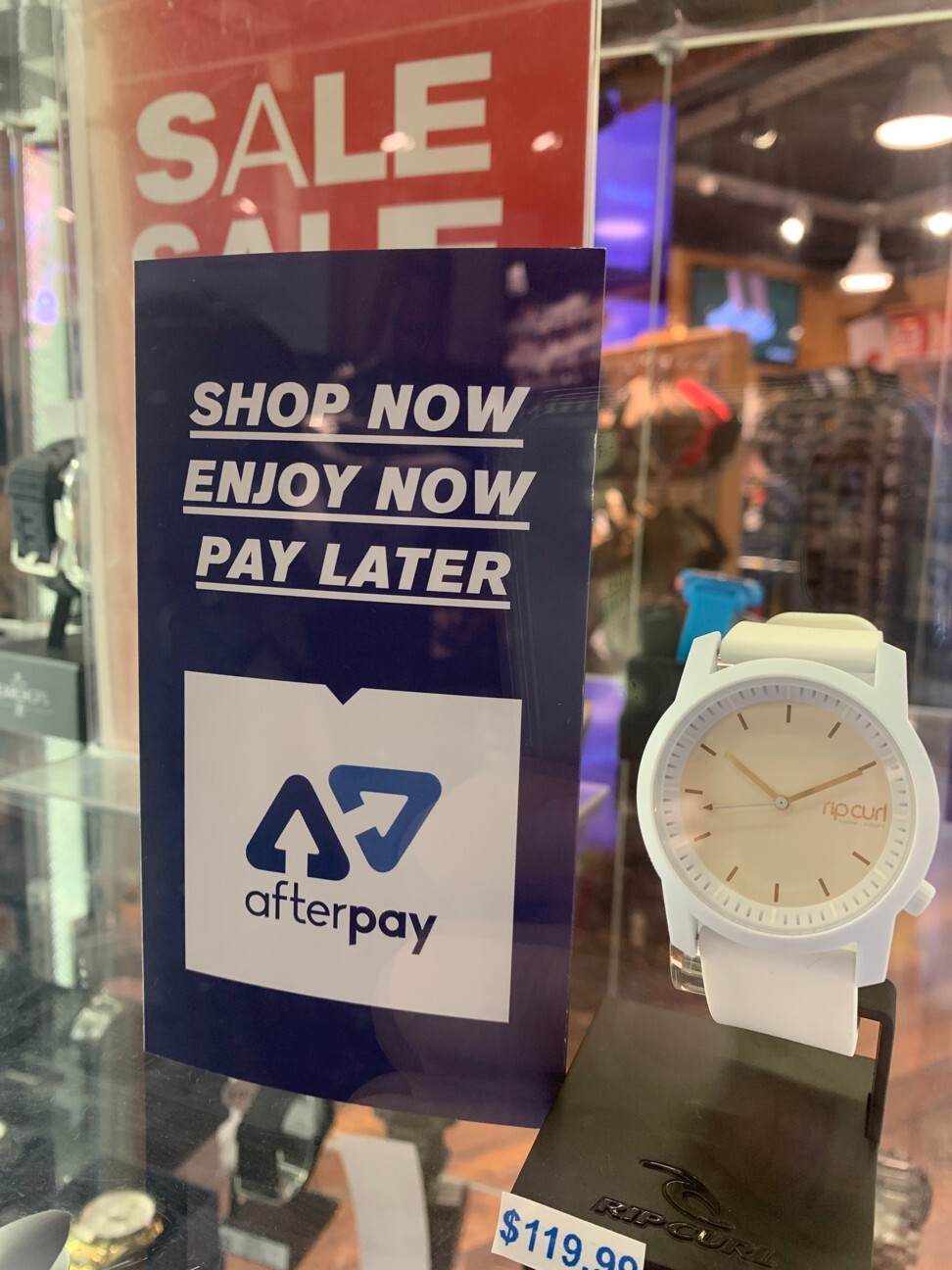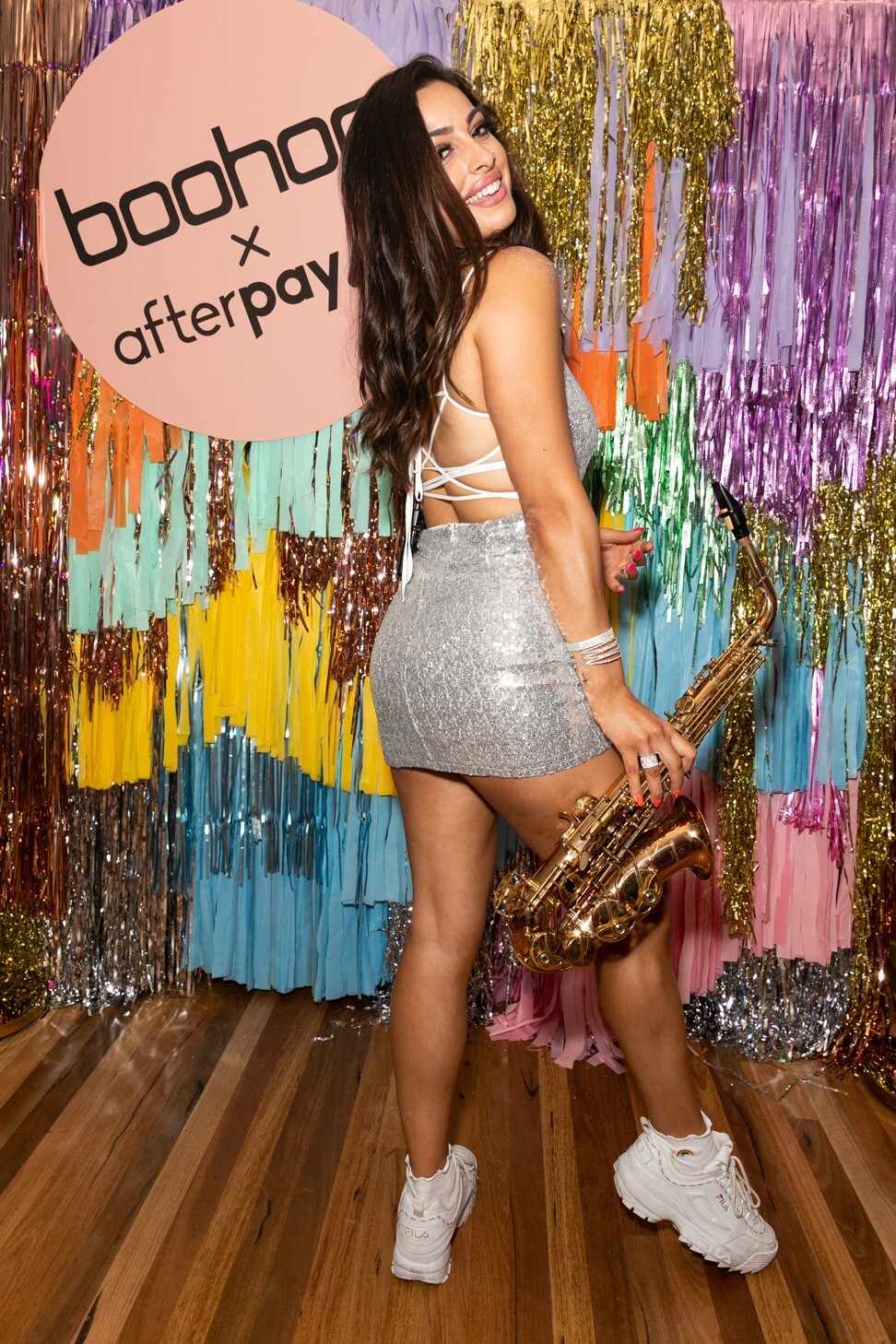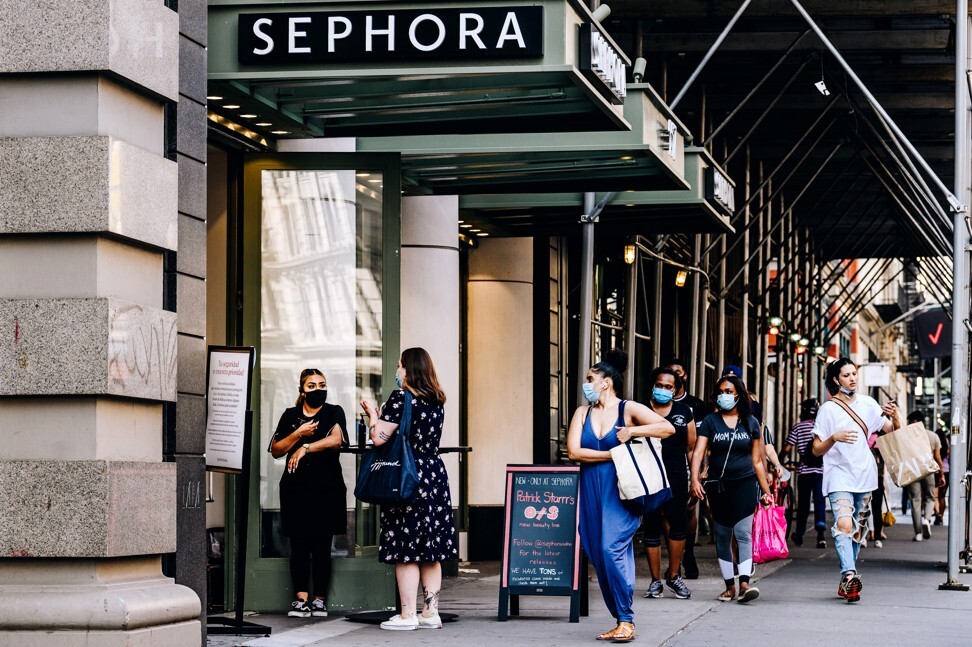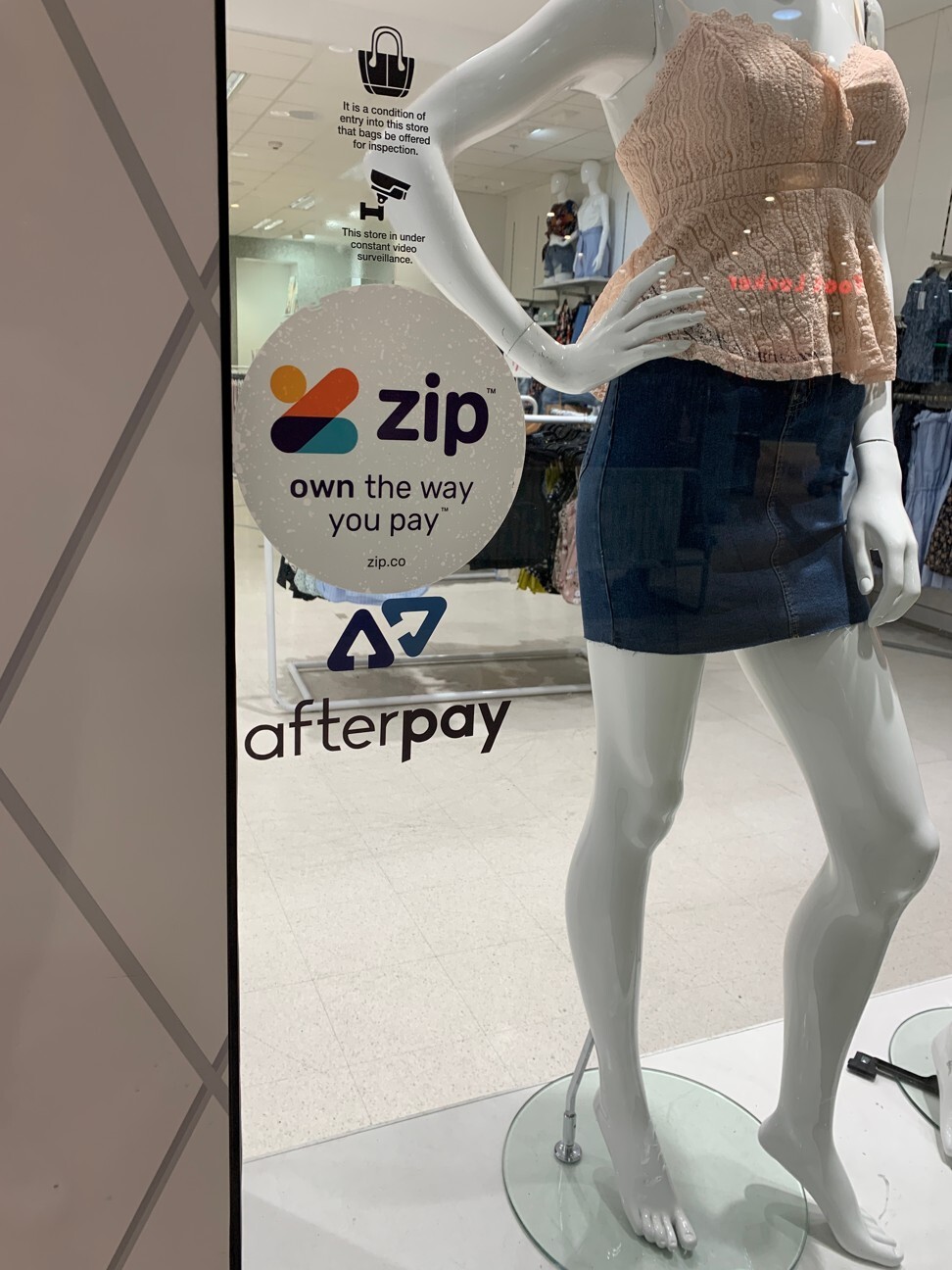
‘Buy now, pay later’ platforms that make luxury fashion accessible get boost from coronavirus and embraced by brands such as Drunk Elephant
- Skincare and fashion brands that have seen sales fall during the Covid-19 pandemic have embraced pay-by-instalment services such as Klarna and Afterpay
- ‘Buy now, pay later’ platforms open luxury up to more customers – which could lower its cachet. Yet skincare labels Drunk Elephant and La Mer have signed on
Luxury fashion has a problem it needs to solve. Younger clients are the most likely to covet new collections and update their wardrobes, but they also have the least money to spend.
The cumulative impact of the previous recession, student debt and now the coronavirus has left them poorer than the previous generation – and warier of in-store credit cards.
Customers are effectively taking out a small loan to pay for the item of clothing they’ve just bought, which they pay back over periods ranging from a few weeks up to several years.

Paying a small amount each month towards a purchase soothed those fears, which is why Sydney-based Afterpay – the biggest of these firms – has seen revenue more than double to US$3.8 billion this year.
“Apps like Klarna and Afterpay are going to change the way we shop,” says MaryLeigh Bliss, the vice-president of content at Ypulse, a youth monitoring firm.
It has very quickly become a socially acceptable phenomenon and is now just another service to offer clients. However, I imagine that big brands won’t be the front runner in this.
“Psychologically, it is much more attractive for young consumers, and they really appeal to people who don’t have credit cards – either because their credit score is too low or because millennials increasingly don’t want them.”

They are also essentially outsourcing a part of the shopping experience to a third party, and the fact that so many of them have signed on illustrates how desperate they are to weather the coronavirus storm.
“It makes a lot of sense to me that these payment plans are growing right now,” says Mario Ortelli, a luxury brand consultant. “We all have cash constraints and I think paying in instalments will only grow over the next year.
Will luxury groups persist with brands that lose money after the virus?
“It also makes luxury brands a lot more accessible to a wider group of people – these brands are always targeting a young consumer base, and this is the easiest way to make it happen right now.”
It is an interesting conundrum for luxury. The allure of these brands is largely based around aspiration and the prestige that comes from owning something very few people can afford.

With “buy now, pay later” plans, luxury suddenly opens up to a much wider demographic, which affects the notion of their wares as status symbols on which these brands rely. Equally, to lure customers in this difficult time, many brands have had to discount heavily – pay-later platforms negate the need for them to do that.
“I believe it’s a decision for each brand to make,” says Ortelli. “It certainly makes them more accessible, but which companies see that as a good thing will be interesting. It has very quickly become a socially acceptable phenomenon and is now just another service to offer clients. However, I imagine that big brands won’t be the front runner in this.”

This is exactly how these platforms are marketing themselves to luxury brands.
“As value retailers launch new high-margin premium lines, traditional luxe brands are battling to boost custom without losing kudos,” says a spokesperson for Klarna. “[Flexible payments] may be the differentiator they need to empower a new generation of luxe consumers and make their aspirational items more accessible to all.”
No company wanting to tap into luxury consumers can ever afford to forget about China. So while most of these pay-later platforms originated in the West, they are now partnering with Chinese companies to deliver this shopping experience across Asia.
The most important of these partnerships is between Chinese technology giant Tencent, which is helping Afterpay expand in Asia – and the two companies are now working to integrate aspects of their payment platforms.

Earlier this year, Chinese internet giant Tencent launched Fen Fu, an embedded credit feature which allows its 1.1 billion WeChat users to buy now and pay later – not just fashion items, but also meals out and entertainment.
These pay-by-instalment platforms are one of a small number of start-ups to have benefited hugely from the impact of the coronavirus. Two years ago, luxury brands might have turned up their noses at them – but if they want to survive the upcoming recession, they are going to have to embrace them.

